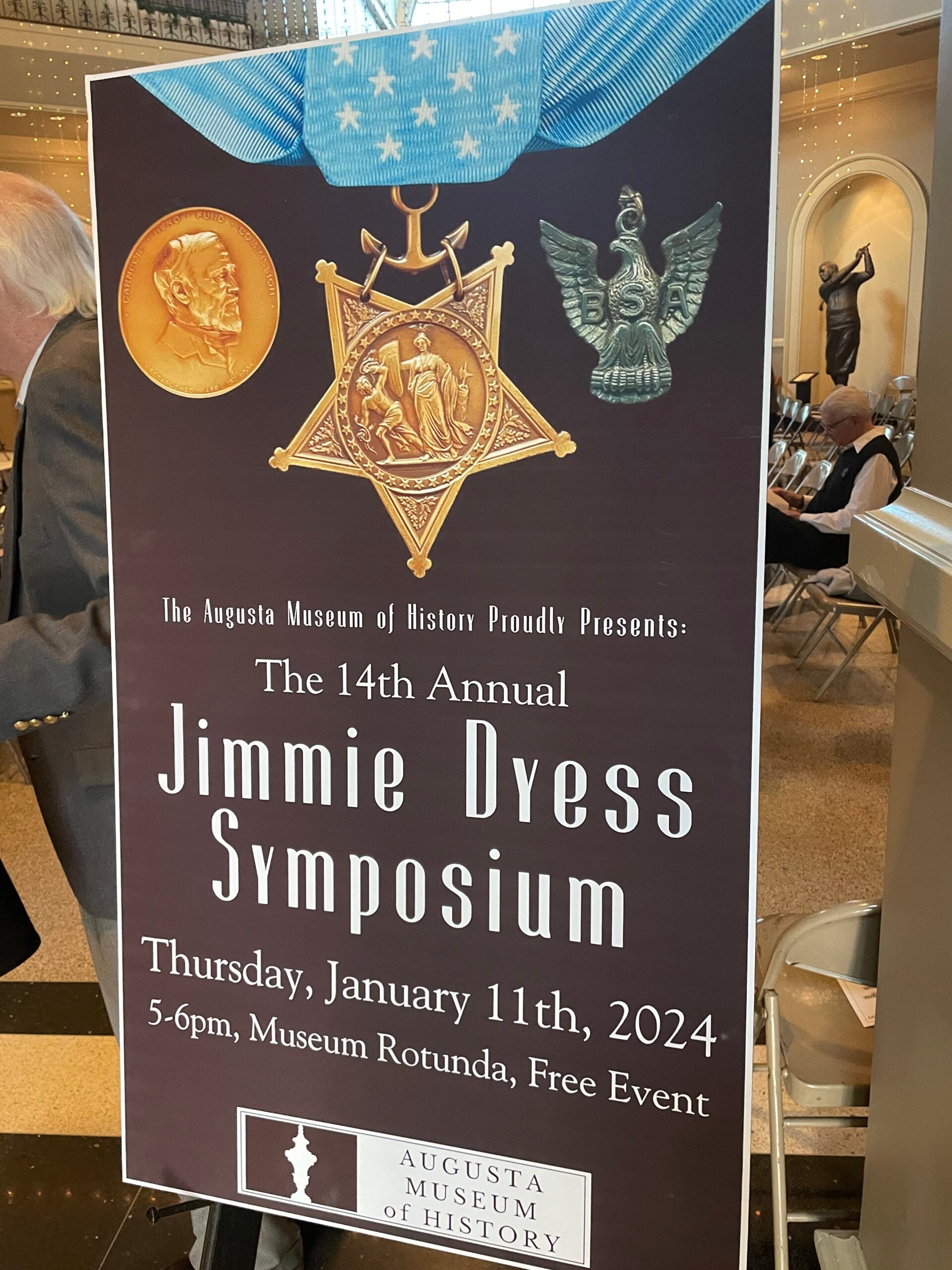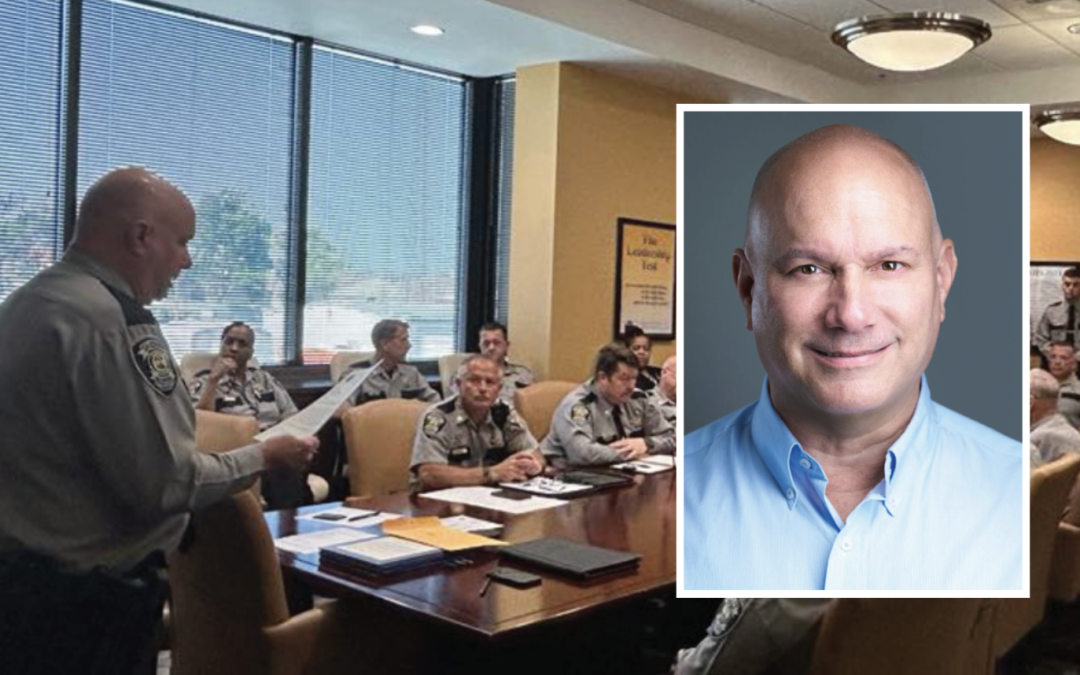Augusta serial killer Reinaldo Rivera remains on death row a quarter-century after his crimes after losing a few remaining appeals.
In an order released last month, U.S. District Judge J. Randal Hall rejected Rivera’s claims of ineffective counsel, prosecutor misconduct, court error and other matters reviewed by a state court and denied Rivera a certificate of appealability, writ of habeas corpus or evidentiary hearing.
As detailed in the 200-page order and in prior reports, Rivera, now 61, was convicted Jan. 23, 2004 in the brutal 2000 slaying and sexual assault of Army sergeant Marni Glista, 21.
At trial, Rivera was revealed to have confessed to police he also raped and killed three 17-year-olds: Melissa Dingess and Tiffaney Wilson in 1999 and Tabitha Bosdell in 2000, across an area that spanned Richmond, Aiken and Columbia counties.
Wilson was discovered missing after taking her two-month-old to visit Santa Claus at a local store. An interview played at trial showed Rivera assaulted Wilson while the baby was in the front of his van, then left the infant at a welcome center.
The woman who was to be his fifth known victim, Chrisilee Barton, 18, survived Rivera’s Oct. 10, 2000, strangulation, assault and stabbing and would lead police to him.
Rivera, who pleaded guilty but mentally ill, was found guilty. The jury rejected the defense and he was sentenced to death and several consecutive life sentences.
Rivera appealed his conviction to the Supreme Court of Georgia, which upheld it. He did not apply for review by the United States Supreme Court.
On death row at Georgia Diagnostic and Classification Prison, Rivera has continued to appeal his case and since Judge Hall’s ruling has asked for it to be reconsidered.
The order reviews the competing diagnoses offered by experts in court for Rivera, such as a brain abnormality, sex addiction and early sexual abuse.
It also reviews the court’s handling of Rivera’s first interview with police, conducted Oct. 12, 2000, after he was discovered in a South Carolina motel with cut wrists and overdosed on Tylenol.
During the trial, prosecutors said the interview hadn’t been recorded, and mention of it was suppressed due to Rivera being drugged.
But a few years later, a recording of the interview was discovered in the former apartment of then-Detective Richard Roundtree, who was a lead investigator in the case.
Rivera, who gave multiple statements about his crimes after being mirandized in the coming days, contended prosecutors hid the Oct. 12 interview and committed perjury by saying he was not incapacitated while it was conducted. The court rejected the claim.
Rivera would testify on his own behalf, admitting to the crimes and asking for the death penalty, then threaten to return years later and escape his crimes with a good lawyer.








